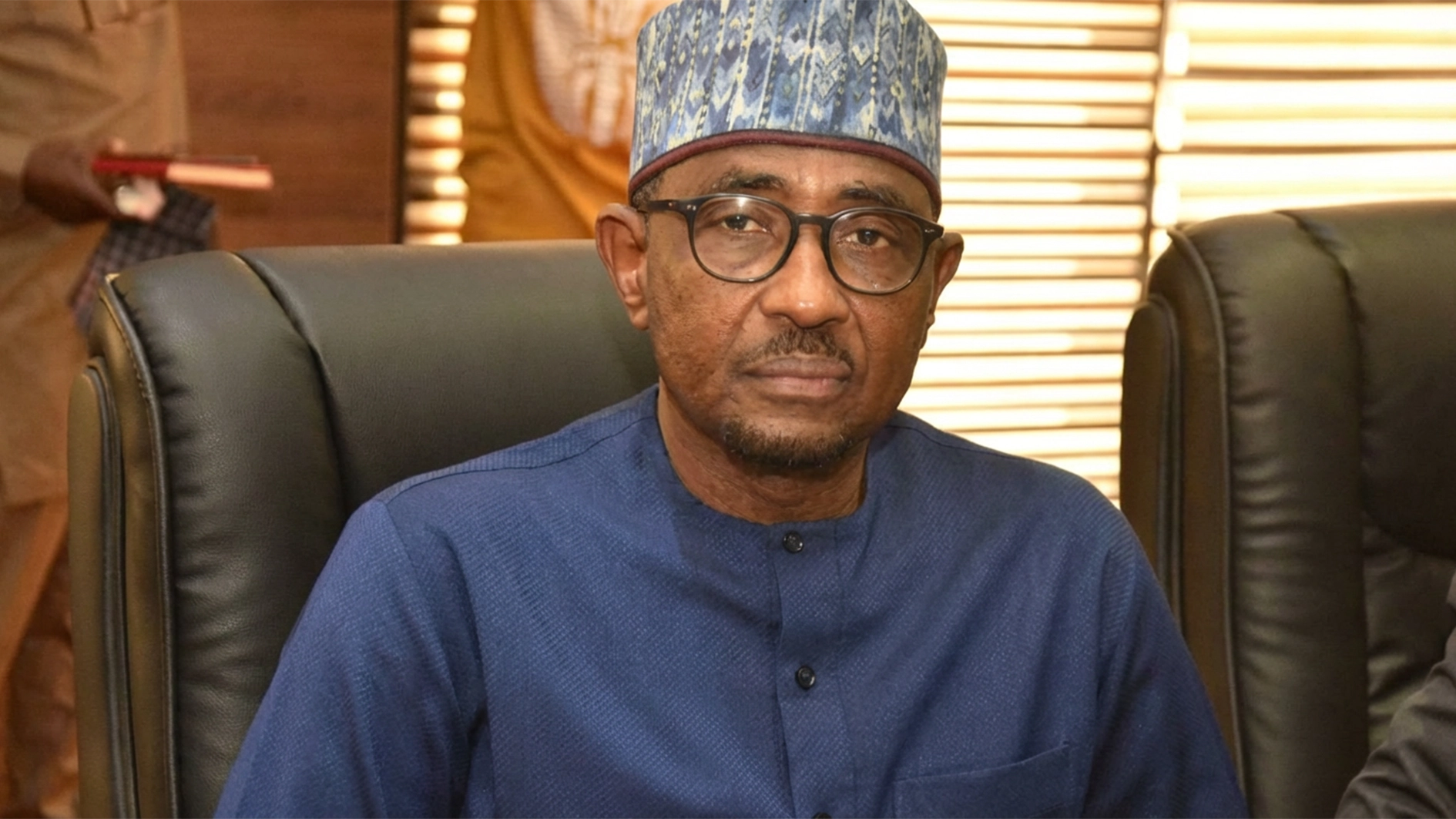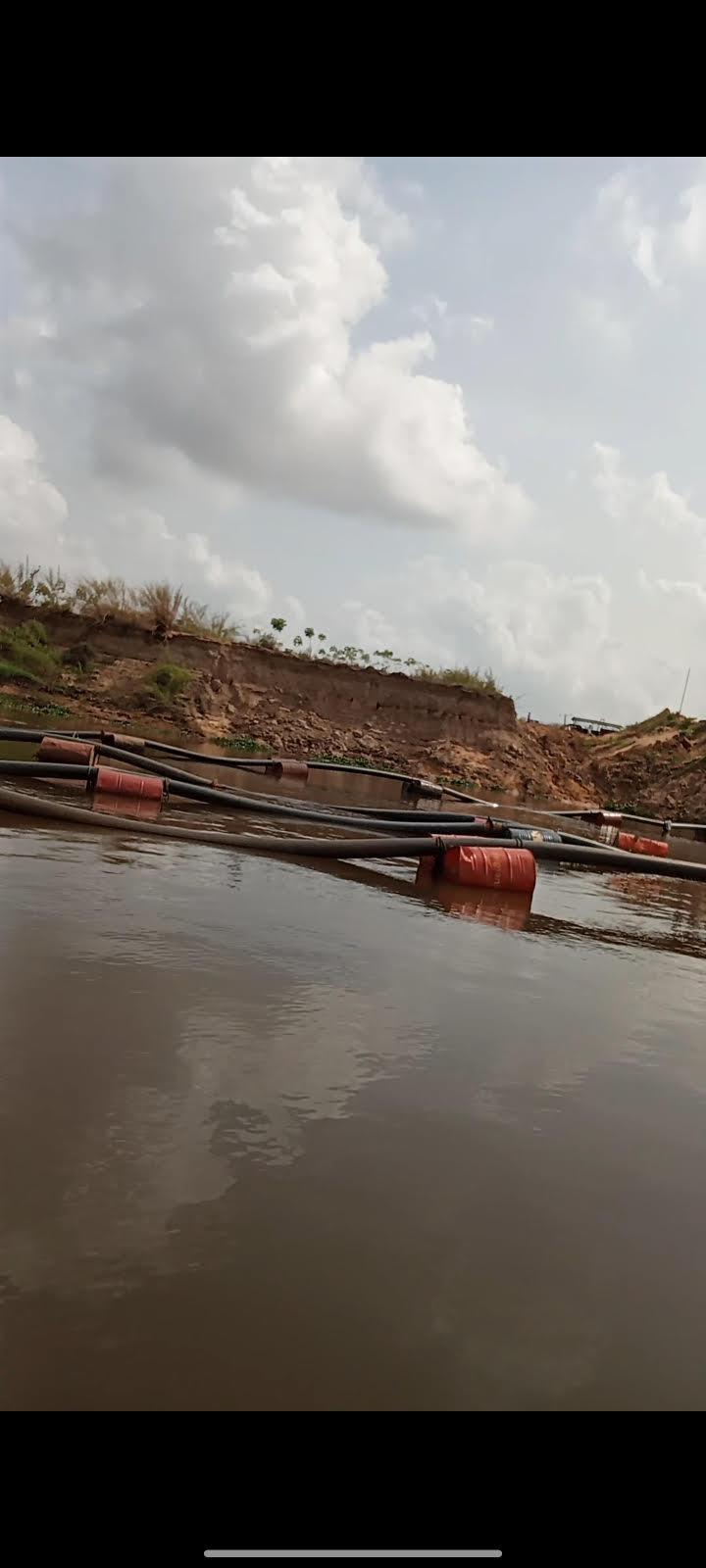Minister of Defence, Mohammed Badaru, has proposed integrated intelligence, multinational military operations, and addressing root causes of radicalisation as part of strategies to tackle terrorism in the West African region and the Sahel.
The immediate past governor of Jigawa State said the intelligence should not only be shared but must be integrated with the establishment of permanent platforms for real-time exchange on terrorist financing, movements, and recruitment to anticipate and disrupt threats.
He made the proposal when he declared open a two-day Regional Conference on ‘Combating Emerging Terrorist Groups and Strengthening Sustainable Security in the ECOWAS/Sahel Region’ at the Counter-Terrorism Centre in Abuja, yesterday.
The programme was organised by the National Counter Terrorism Centre, in collaboration with the ECOWAS Commission.
He said the use of emerging technologies such as Artificial Intelligence (AI) for regional early-warning systems has become imperative.
Badaru stressed the need to institutionalise joint and multinational military operations as the region needs robust and coordinated responses under clear command structures.
“The operationalisation of the ECOWAS Standby Force must be pursued with renewed vigour. Harmonisation of legal frameworks across member states will ensure terrorists and their support networks find no safe haven,” he noted.
Solution to terrorism lies in addressing root causes – Gen. Laka in his remarks, the Coordinator of the National Counter Terrorism Centre (CTC), Maj-Gen. Adamu Laka said his experience in counter-terrorism operations over the years has shown that a lasting solution lies in addressing the root causes of terrorism and violent extremism.
Laka observed that fighting terrorism demanded robust non-kinetic measures that foster dialogue, reconciliation, education, economic empowerment, social cohesion, and community resilience.
In an address of welcome at the start of the two-day conference, Laka said Nigeria has been focusing on initiatives such as community engagement, counter-radicalisation and deradicalisation programmes, strategic communication to counter extremist propaganda, as well as rehabilitation and reintegration of disengaged individuals, including psychosocial support for victims.
HOWEVER, former Senate Leader, Ali Ndume, has cautioned against giving religious colouration to terrorism, banditry and abductions across the federation.
Ndume, who represents Borno South in the National Assembly, pointed out that terror groups like the Boko Haram have continued to inflict pain and destruction on Nigerians irrespective of faith.
The ex-Chairman of the Senate Committee on Army gave the admonition yesterday in a statement, following last weekend’s attacks on the Ngoshe community in Gwoza Local Council and Mussa village in Askira-Uba council area, both in Borno State.
The insurgents, in two separate assaults, reportedly killed five Muslim farmers on Saturday in Ngoshe, and three Christians in Mussa the following day. Dozens of houses were also razed in the incidents.
Reacting to media reports suggesting that the victims of the attacks were exclusively Christians, Ndume expressed concern over what he described as a dangerous narrative capable of inflaming passions and undermining national cohesion.
Ndume lamented that ordinary people, whose only aspirations are peace and livelihood, have continued to bear the brunt of insurgent attacks.
While commending the military for sustaining the fight against Boko Haram, the lawmaker urged the Federal Government to give greater attention to the welfare of troops and ensure adequate supply of arms and ammunition to enable them to subdue the terrorists.






